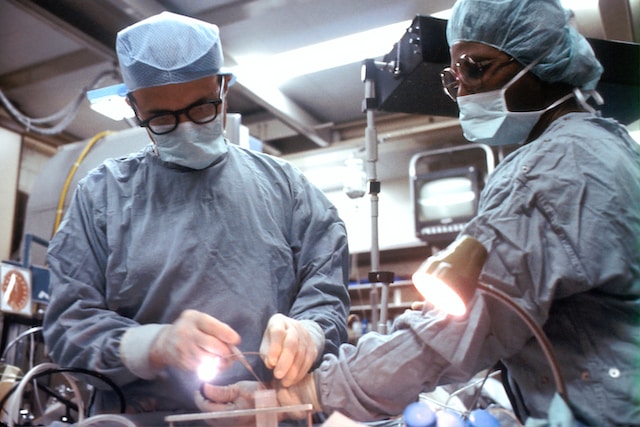Introduction
Are you a young adult who thinks colon cancer is something that only affects the elderly? Think again. Colon cancer rates in adults under 50 have been rising for the past few decades, and it’s time to take notice. While most people associate colon cancer with symptoms like abdominal pain and bloody stool, there are other early warning signs that could signal trouble ahead. In this post, we’ll explore some of those lesser-known warning signs and why they shouldn’t be ignored if you’re a young adult concerned about your risk of developing colon cancer.
Early Warning Signs of Colon Cancer
If you’re experiencing any of the following early warning signs of colon cancer, don’t ignore them and make sure to see a doctor:
1. Rectal bleeding or bloody stool: This is one of the most common early warning signs of colon cancer. If you notice that your stool is bloody or tinged with blood, it’s important to see a doctor right away.
2. abdominal pain: Abdominal pain can be a sign of many different health conditions, but if you’re experiencing unexplained or persistent abdominal pain, it could be a sign of colon cancer.
3. Change in bowel habits: If you notice a sudden change in your bowel habits, such as diarrhea or constipation that lasts for more than a few days, it could be an early warning sign of colon cancer.
4. Unexplained weight loss: If you’ve suddenly started losing weight without making any changes to your diet or exercise routine, it could be an early sign of colon cancer.
5. Fatigue: Feeling fatigue for no apparent reason can also be an early warning sign of colon cancer.
Who is at Risk for Colon Cancer?
There are a number of risk factors for colon cancer, some of which are controllable and some that are not. Some of the controllable risk factors include diet, obesity, smoking, and alcohol consumption. African Americans and those with a family history of colon cancer are also at an increased risk. However, the most important risk factor for colon cancer is age – the older you are, the greater your risk. This is why it’s so important for young adults to be aware of the early warning signs of this disease.
Prevention and Screening Methods
There are a few key things you can do to help prevent colon cancer, or catch it early. First, get screened starting at age 50. If you have a family history of the disease, you should start even earlier. You can also make some lifestyle changes that may help lower your risk. These include eating a healthy diet, getting regular exercise, and avoiding smoking.
If you’re 50 or older, get screened for colon cancer. It’s important to get screened before you have any symptoms because the disease is much easier to treat when it’s caught early. There are a few different screening options available:
-Colonoscopy: A colonoscopy is an exam used to look for abnormal growths in the colon (polyps). During the procedure, a long, flexible tube with a tiny camera on the end is inserted into the rectum and passed through the entire length of the colon. If polyps are found, they can be removed during the same procedure.
-Flexible sigmoidoscopy: This exam is similar to a colonoscopy but uses a shorter, less flexible tube. It only allows the doctor to see part of the colon but can still be used to find and remove polyps.
-CT colonography (virtual colonoscopy): This exam uses special x-ray equipment and computer processing to create images of your entire colon. It can be used to look for both cancer and polyps. A CT scan
When to See a Doctor
If you are experiencing any of the symptoms listed above, it is important to see a doctor. Early detection is key to successful treatment of colon cancer. If caught early, the five-year survival rate for colon cancer is 90%.
It is important to note that these symptoms may also be caused by other less serious conditions. However, if you are experiencing any of these symptoms, it is best to err on the side of caution and see a doctor.
Conclusion
Colon cancer is a serious disease that should not be taken lightly, especially in young adults. If you experience any of the early warning signs of colon cancer, it’s important to seek medical attention immediately. Even if your symptoms are mild, don’t ignore them; catching the disease early can make all the difference in terms of successful treatment and long-term health outcomes. Talk to your doctor today about potential screening tests and other ways to reduce your risk for colon cancer.









